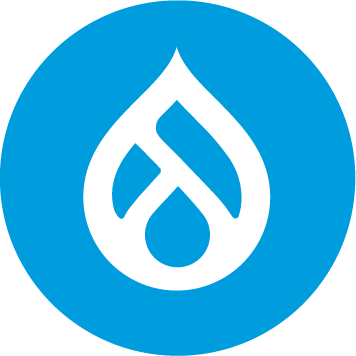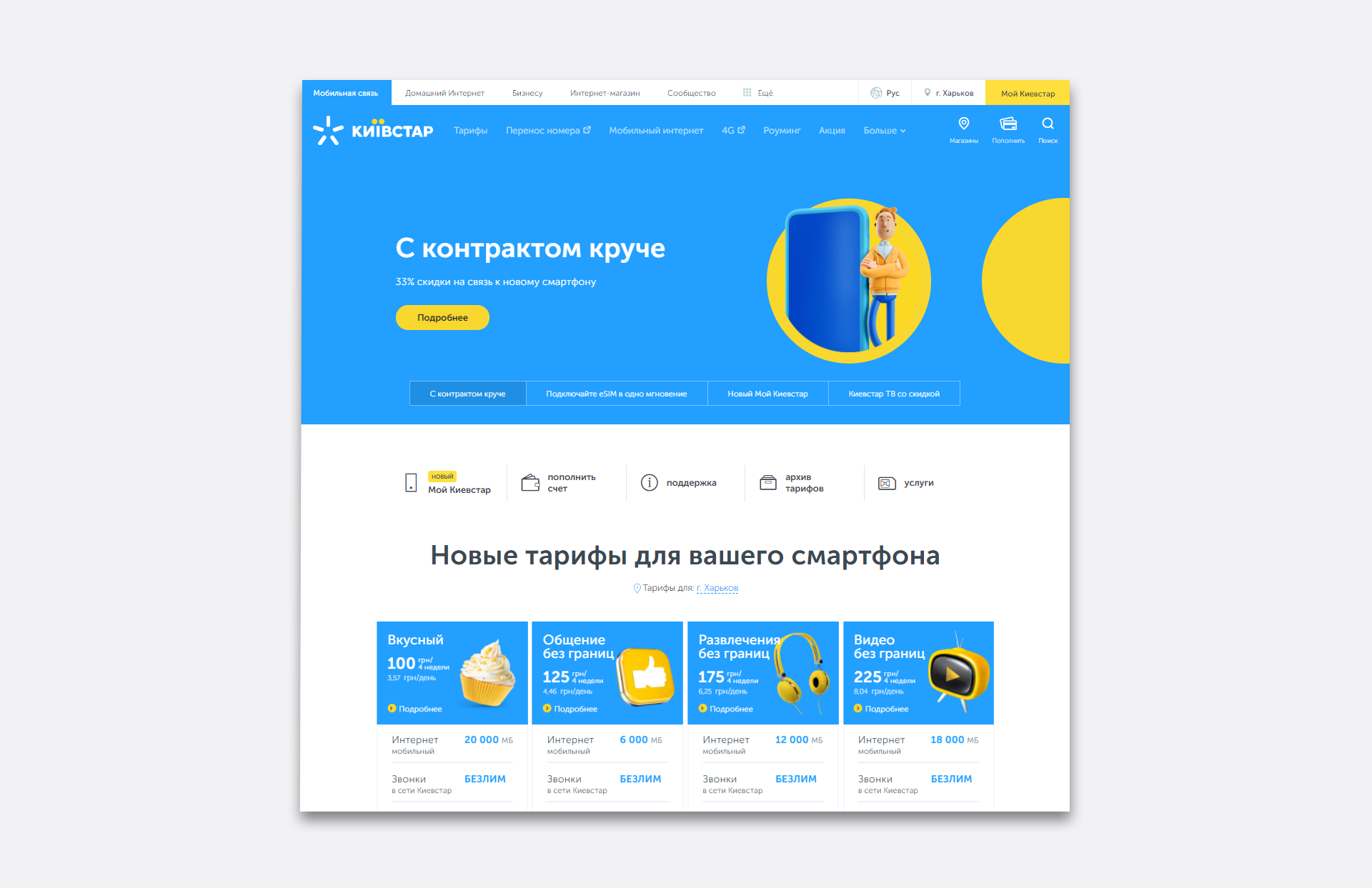Managing a Drupal website is quite simple. The owner or project manager can add new sections, categories, set up filtering by specified parameters, and much more without involving programmers, up to and including assigning rights to different users, from an anonymous visitor to several administrators. This applies to both online stores and corporate or custom web applications. It takes some time to figure out how to interact with nodes (types of materials), taxonomy (structure), and views (images), and with the latter, you'll need the help of a coder, but in general, everything is much simpler and clearer than in other CMS.

DRUPAL
Drupal is a CMS for corporate websites, multi-page web applications with unusual business logic, and online stores. Drupal is written in the php language and is consistently among the three most popular php engines.
Drupal sites load quickly, are easy to optimize, and integrate seamlessly with other systems. They are safe, functional, and easy to manage.
Drupal CMS is a content management system or engine. This is a set of templates that make it easier for developers to build a ready-made web application and its administrative panel with the necessary functions so that anyone can fill in pages and manage the site after a little training. Using a CMS accelerates the development and scaling of a project hundreds of times faster than writing code for each page manually. In addition, the site becomes more stable, secure, and productive.
The power and complexity of Drupal make it an excellent solution for developing online stores, but it is often more effective to use CMSs created specifically for online trading platforms. For small online stores, this is Opencart, and for large ones, Magento.
Drupal is the best engine for corporate websites and custom projects with many classic and unusual features. It allows you to organize direct sales and implement various options for presenting information at the same time. If you want to simultaneously talk about products and services, showcase a portfolio, blog, give an opportunity to subscribe to online services such as courses or software, and much more, Drupal is the best fit for you.
The engine has a Russian-language interface, and it can also automatically translate extensions from foreign languages. For this purpose, the system has a built-in dictionary that can be edited if you don't like or are not used to using the proposed options. Plus, you can easily add several languages to the user interface of the website itself, with the ability to switch between Russian, Ukrainian, English, and any other language.
How fast the pages load depends on how many visitors will stay on your site, because users don't like to wait, and how highly it will be rated by search engines. In Drupal, performance is limited only by the quality of module customization. Even complex logic can be optimized, in particular by using caching tools.
Optimizing a Drupal website is as easy as managing it. All the important options are available out of the box - CNC and sitemap generation, fields for seo tags, etc. In addition to the built-in tools, you can always connect custom modules that further expand and automate optimization options.
Drupal websites are hacked much less often than those created on other CMS, and any vulnerabilities are quickly fixed by developers. Security and speed depend on the quality of customization, so if the site was built by experienced developers, it will have a very high level of protection for user data and the web application itself.
Drupal is a powerful and flexible CMS that can be used for a variety of projects. It can be used to create a convenient online store, a corporate website with many different sections and pages, as well as custom web applications with non-standard functions, and even all of these together. Drupal is suitable for startups and large-scale projects, allowing them to grow and providing stability, speed, and performance.

